THE RISE OF
BRITISH WEST AFRICA
COMPRISING THE EARLY HISTORY OF
THE COLONY OF SIERRA LEONE
THE GAMBIA, LAGOS, GOLD COAST, ETC.
With a Brief Account of Climate,
the Growth of Education, Commerce, and Religion
AND A COMPREHENSIVE HISTORY OF THE
BANANAS AND BANCE ISLANDS
And Sketches of the Constitution
CLAUDE GEORGE
Dedicatory Preface
TO
SIR ALFRED LEWIS JONES, M.P., K.C.M.G.
SENIOR PARTNER OF THE FIRM OF
ELDER, DEMPSTER, AND COMPANY, OF LIVERPOOL
PRINCE AMONG PHILANTHROPISTS
PROMOTER OF WEST AFRICAN COMMERCE AND AGRICULTURE
WHOSE FRIENDLY INTERESTS THESE MANY YEARS
HAVE BEEN DIRECTED CHIEFLY IF NOT SOLELY
TO THE DEVELOPMENT OF
WEST AFRICAN COMMERCE AND AGRICULTURE
AND ON BEHALF OF WEST AFRICANS
THE FOLLOWING PAGES
ARE RESPECTFULLY INSCRIBED BY
THE AUTHOR
HISTORY OF DISCOVERY OF WESTERN AFRICA
HERODOTUS tells us* that the earliest voyage for exploring Africa was made by an African, Pharaoh Necho, King of Egypt (B.C. 600). Necho was the most illustrious and enterprising of the kings of Egypt who aimed at ascertaining the exact form and termination of Africa, He proceeded through the Red Sea, thence by way of the Indian Ocean, and, after completing a circuit of the southern promontory, he passed the famous Pillars of Herculesthe Strait of Gibraltarand returned to Egypt by the Mediterranean. This voyage was accomplished in three years, and the crew reported that in their course they observed the sun to their right at certain points of their journey.
Another, but the most memorable voyage, was that by another African, Hanno of Carthage (B.C. 450). He fitted out an armament of sixty large ships, in which sailed some 30,000 persons of both sexes, including the crews, with the object of planting a colony on the African coast. From the phenomena that appeared to them, they seemed to have gone much further than Necho had done. They reached the Pillars of Hercules, at a distance of two days from which they founded the city of Thymiaterium. A further voyage of two days brought them to Cape Solocis, a promontory of Libya. Here they erected a temple to Neptune, the sea god. They then left it, and sailed round a bay thickly bordered with plantations of reeds, where numerous elephants and other wild beasts were feeding. Many days after they had passed this bay they came to a gulf in which several large islands were situate. Here, by day, profound silence prevailed, and, by night, there appeared a blaze of fire, with tumultuous shouts and uproars and bellowings, accompanied with simultaneous sounds of cymbals and trumpets and other instruments. There was no stand-still here for the Carthaginians; they hastened away to another region, which proved not less abounding in the marvellous. Here the land appeared all on fire, torrents of flame rushed to the sea,* and if they wished to land, the soil was too hot to allow them to tread. There was one particular object that attracted their attentionone that, by night, appeared a great fire mingling with the stars; but, by day, a mountain of stupendous height, to which they gave the name Chariot of the Gods

.
A voyage of three days from the Chariot of the Gods brought them to another bay with an island. Here a new phenomenon greeted their eyes. The inhabitants, human-like in form, were covered from head to foot with shaggy hairthe ourang-outangto which they gave the name Gorill, a word of African origin. Three females of these monsters were chased and caught, and their skins carried to Carthage as presents to Hanno.
Various have been the theories that cluster about this voyage, both as regards the phenomena that attended it and its terminus. Most of the phenomena have, however, been found by modern travellers to correspond with Hannos description, although there is still a divergence of opinion as regards the terminus, some holding it to have been Morocco, others the mouth of the Gambia; Major Rennell believes that Hanno passed Sierra Leone, and that the Bay of Gorill was the Sherbro Island, which would harmonise exactly with the description of coast-line passed on that memorable voyage.
Another voyage of some importance was that of Eudoxus of Cyzicus, B.C. 130, but the accounts carry with them very little marks of genuineness, and savour somewhat of the apochryphal.
The invention of the mariners compass, in 1302, by Flavio Gioia, a citizen of Amalfi, in the kingdom of Naples, gave a fresh and renewed impulse to the enterprise of navigation. The Spaniards ventured, and discovered the Canaries or the Fortunate Islands; and later on, in the middle of the fourteenth century, these islands became a resort for pirates in quest of slaves. By virtue of his Papal Bull, Pope Clement VI. erected them into a kingdom. The Portuguese, in 1412, inspired with the spirit of navigation, advanced 160 miles from Cape Non to Cape Bojador, and to Cape No Further. After several unsuccessful attempts they discovered Porto Santo, an island of the Madeiras; in 1418 and 1419 Madeira itself was reached, and in 1420 Prince Henry of Portugal settled a colony there, and supplied the colonists with plants and cattle and poultry, and suckers of the Cyprian vine and of Sicilian sugar-cane, for the production of which these islands have since become famous.
Antonio Gonzalez Baldeza, in about 1435, penetrated about two degrees further than Cape Bojador, and carried home a valuable cargo of seal skins. He repeated this voyage in 1442, and this time returned with ten natives of Western Africa as slaves and some gold-dust.
In 1443, Nunez Tristam passed Cape Blanco and discovered the Island of Argium and Kakande, called after him Rio de Nunez, and in 1446 Diniz Fernandez discovered Cape Verde, and in 1447, Lancelot entered Senegal.
The Cape Verde Islands and the Azores or Western Islands were discovered in 1449. Sierra Leone was reached in 1463 and a settlement formed there by the Portuguese, and the Gold Coast in 1471.
In 1484, a fleet fitted out by John II. of Portugal discovered the kingdoms of the Congo and Benin and advanced 1,500 miles beyond that line, and forts were built on the Guinea coast, and in the year 1485 the Emperor assumed the title Lord of Guinea in consequence of these discoveries.

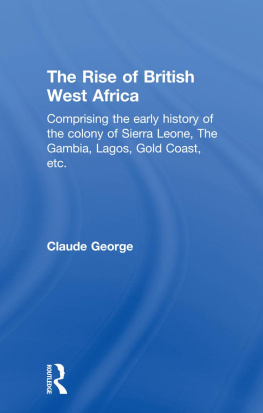


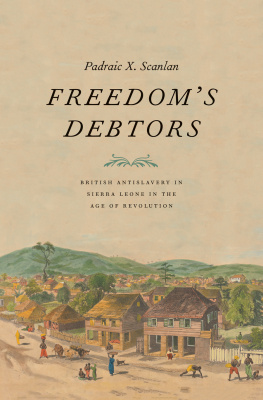
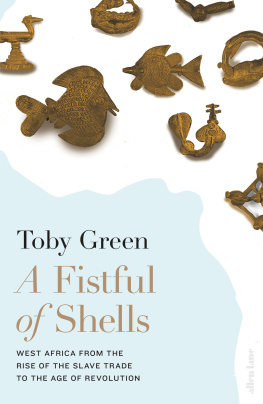

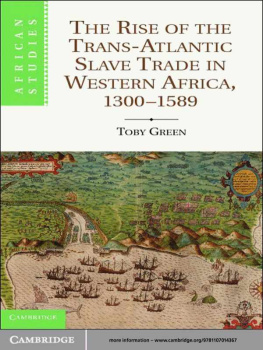
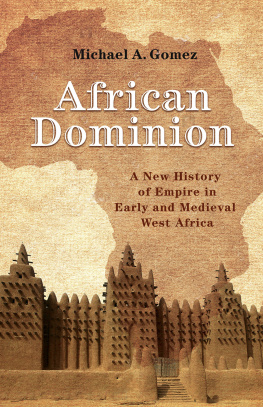

 .
.